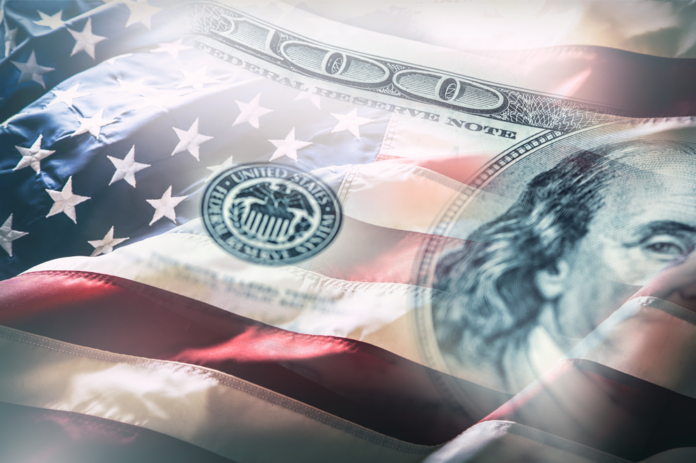The U.S. dollar strengthened on Monday, maintaining the momentum generated by Donald Trump’s return to the presidency. Investors are eyeing key inflation data due for release this week, alongside remarks from several Federal Reserve officials. The dollar index, which measures the greenback’s performance against a basket of six other currencies, rose by approximately 0.3% in early trade, building on a 0.6% gain recorded the previous week.
Dollar Continues to Strengthen
The dollar’s rally last week reached a four-month high as Trump’s economic policies, including proposed tariffs and stricter immigration controls, were interpreted as inflationary. This has prompted speculation that the Federal Reserve may cut interest rates more cautiously, both in scope and timing. While the Fed’s recent 25 basis-point rate cut temporarily slowed the dollar’s ascent, it retained much of its previous gains.
Analysts at ING commented, “The thesis for dollar bearishness now is based on the belief that tariffs will take time to implement and that the Fed’s gradual shift to less restrictive monetary policy, combined with seasonal dollar patterns later in the year, could lead to a softer dollar. However, we believe this clear election outcome could bolster U.S. consumer and business confidence while denting sentiment in other parts of the world.”
With U.S. bond markets closed for a holiday, trading volumes were expected to remain light on Monday. Attention now shifts to Wednesday’s release of October’s Consumer Price Index (CPI) report, which could influence market expectations about the Fed’s future rate trajectory.
This week, Federal Reserve officials will also provide insights following last week’s rate cut, which brought the federal funds rate to a range of 4.50%-4.75%. Their comments will be closely watched for indications of whether the Fed anticipates further easing or intends to pause rate adjustments.
Euro Struggles Amid Dollar Strength and Political Turmoil
The EUR/USD pair dropped by nearly 0.3% to 1.0688 as Trump’s proposed tariffs and political instability in Germany weighed on the euro. German Chancellor Olaf Scholz dismissed his finance minister last week, setting the stage for early elections after ongoing disputes within his three-party coalition. Reports suggest that a no-confidence motion could occur in December, with elections potentially as early as February. This uncertainty has added to the euro’s struggles.
Additionally, ING analysts noted that the eurozone economy remains vulnerable to the ripple effects of Trump’s policies. They anticipate that the European Central Bank (ECB) will cut rates by 50 basis points in December to support the region’s growth.
Pound Declines After BoE Rate Cut
The GBP/USD pair fell by 0.2% to 1.2900 following the Bank of England’s decision to reduce interest rates by 25 basis points, bringing the benchmark rate to 4.75%. This marked the BoE’s second rate cut since 2020. Traders are looking ahead to a speech by Governor Andrew Bailey on Thursday for clarity on monetary policy, particularly in light of the expansionary fiscal measures introduced in the recent Labour budget. ING analysts suggested that Bailey might downplay the possibility of accelerated rate cuts given the robust performance of the U.K. economy and the potential inflationary impact of Trump’s policies.
Yuan Weakens Amid Disappointment Over Debt Package
The USD/CNY pair rose by 0.2% to 7.1934, nearing three-month highs after China’s National People’s Congress approved a $1.4 trillion debt package to ease local government borrowing. However, the lack of specific fiscal measures left investors disappointed, contributing to yuan weakness.
The USD/JPY pair climbed by 0.8% to 153.83 as uncertainty over Japan’s political landscape and monetary policy weighed on the yen. The Bank of Japan’s October meeting revealed divisions among policymakers regarding future interest rate hikes, casting doubt on the timeline for additional tightening. Political instability following the ruling Liberal Democratic Party’s loss of its parliamentary majority has further pressured the yen.



